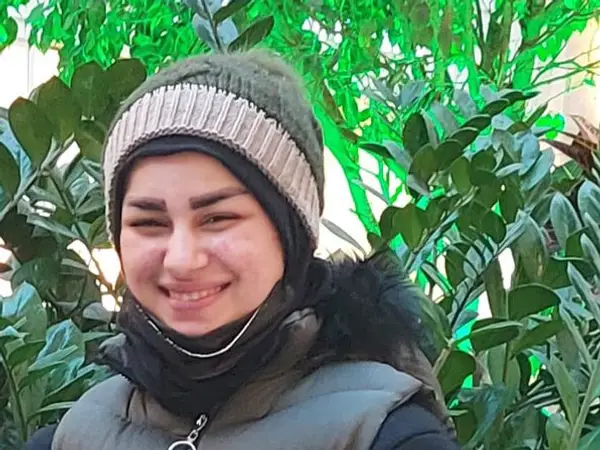The ‘honor-killing’ of a 17-year-old woman, and mother of 3-year-old, in southern Iran on Saturday has sparked debate among Iranians over laws regarding women.
Iranian authorities shut down a news agency on Sunday after it published a video of the husband parading in the street with his wife’s severed head.
Rokna agency had reported that the man with the help of his brother had killed the woman in what it termed an ‘honor killing.’
Abbas Hosseini-Pouya, prosecutor general of Ahvaz, provincial capital of Khuzestan, told the press that two alleged killers had been arrested. Rokna had reported that Mona Heydari had been killed in Ahvaz by her brother-in-law and husband, allegedly after her father helped the husband bring her back from Turkey where she had fled, purportedly from her husband's violence.
Honor-killings are rampant in some regions of the country, such as Khuzestan and Kermanshah where tribal structures are still very strong.
Heydari had been married to a paternal cousin at the age of 12 and had a child at 14. Hosseini-Pouya said that she had sent photos of herself to her husband from Turkey that had fueled the husband's “negative emotions."
The prosecutor general said the legal authorities would act both over the killing and the display of the severed head, and that action would also be taken against anyone who had filmed the incident, possibly to post on social media.
Hashtags such as the victim's name, child marriage, ‘honor-killing,’ Ahvaz, and woman were among the top ten Persian-language Twitter hashtags Monday. Telegram and Instagram were dominated by discussions of the incident.
"He has ruled, before a trial, that the victim whose head was paraded in the street was to blame for her own killing because she hurt her husband's emotions," one tweet read, finding fault with the prosecutor and linking the killing to the constitutional watchdog Guardian Council refusing to endorse legislation banning child marriage.
Hardline media, except the IRGC-linked Javan newspaper, ignored the incident. in an article entitled "Psychological Damage [to Society] With Violent Images Not Media's Job", Javan defended the shutting down of Rokna.
"This is not the first time that to attract more readers privately-owned media publish news, photos and videos considered as immoral by the society and directly threaten the emotional health of the society," Javan wrote, without mentioning honor killing or laws that critics say encourage such crimes.
The reformist journalist Abbas Abdi preferred to take issue with conservative papers that didn’t report the killing. "Hardliners who must condemn the killing of the Ahvazi girl are silent about it because they traditionally believe such behavior can prevent sexually related transgressions, so their silence means relative condonement of this horrible incident," Abdi wrote in Etemad newspaper, which ran several articles on the issue.
Etemad did condemn Rokna for publishing the images. Like many media, it used the term “honor killing” in a headline, while attacking he conservative-dominated parliament for introducing laws encouraging women to have more children rather than, the paper said, introducing more laws to protect them from violence.
